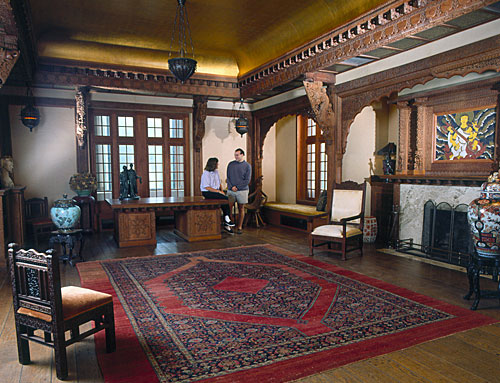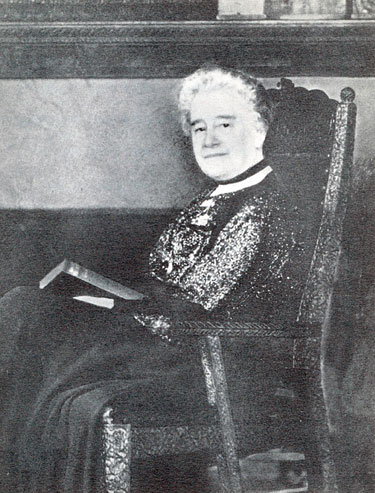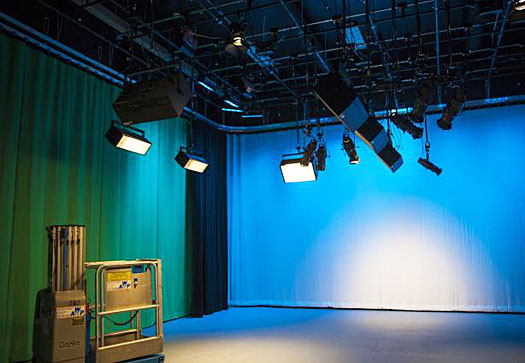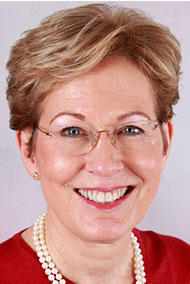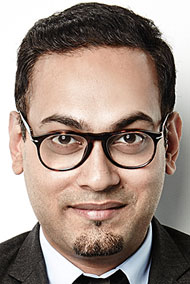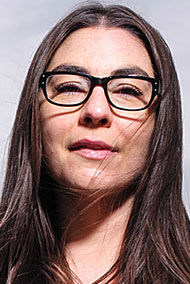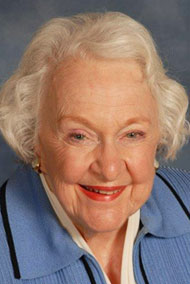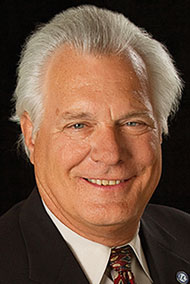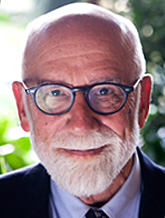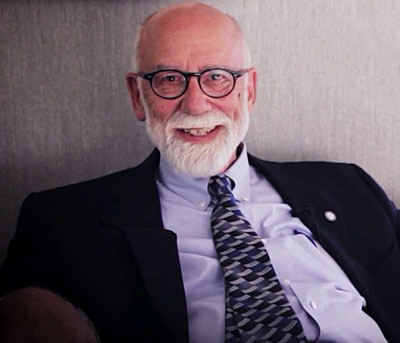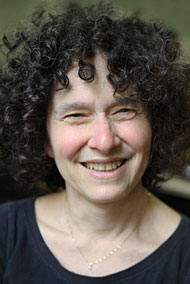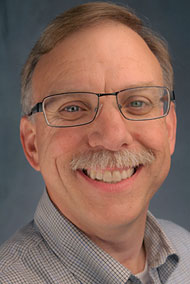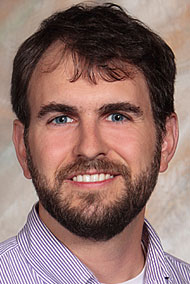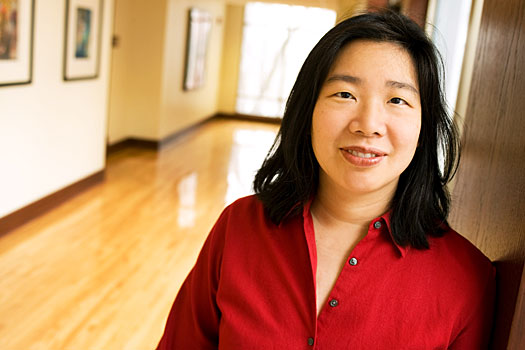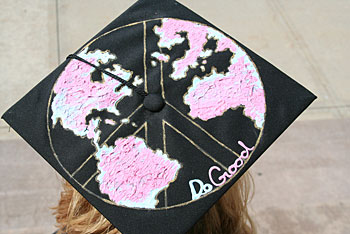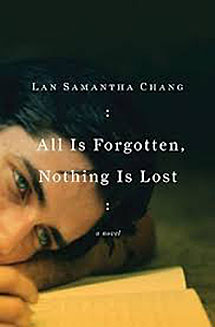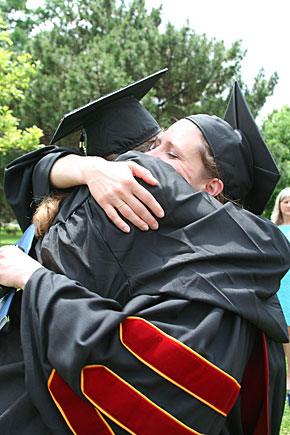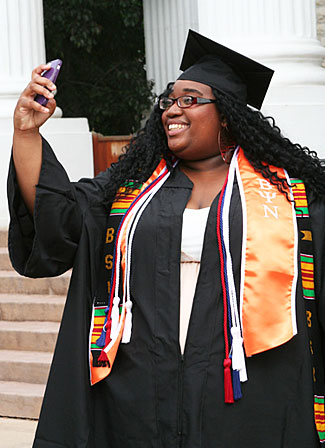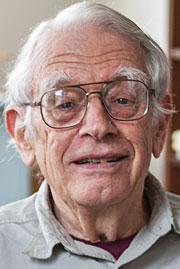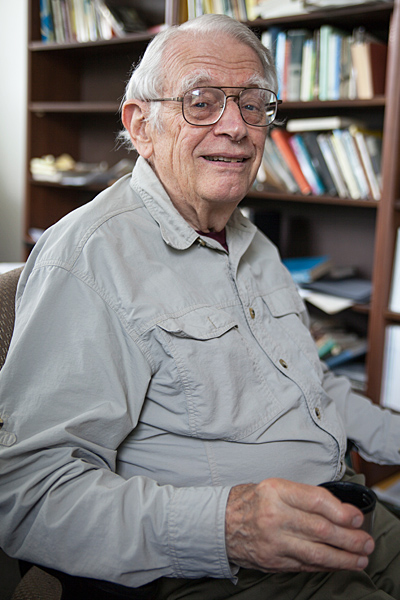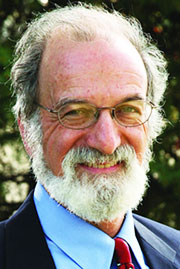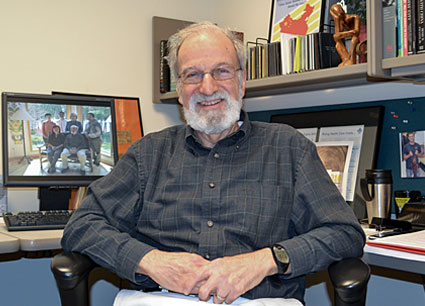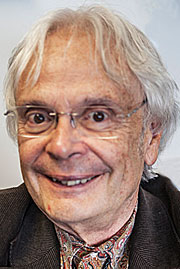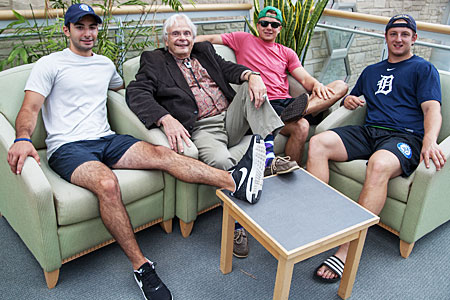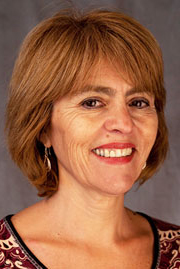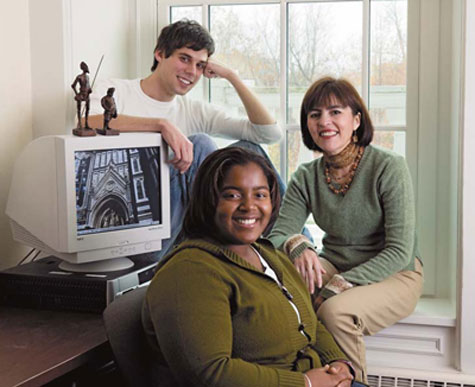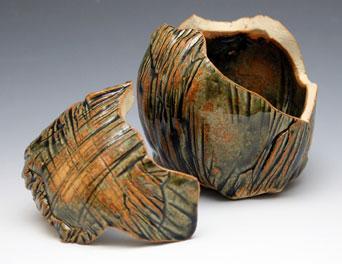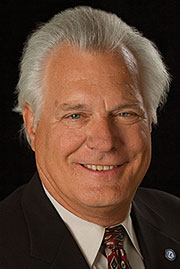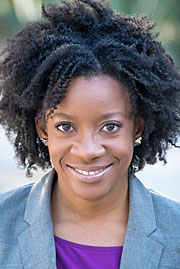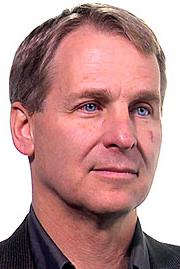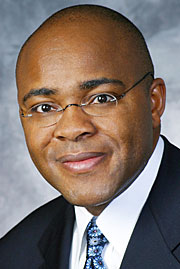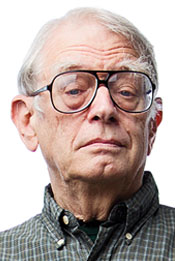For the second year in a row, Lawrence University earned gold honors in the annual Council for Advancement and Support of Education (CASE) Circle of Excellence competition.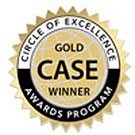
Lawrence was awarded honors for its recruitment package of brochures entitled “The Power of Engaged Learning at Lawrence University” and its student recruitment mailer “Don’t Just Finish. Flourish.”
CASE awards recognize superior accomplishments that have lasting impact, demonstrate the highest level of professionalism and deliver exceptional results.
“I’m thrilled to be recognized for our recruitment materials,” said Craig Gagnon, associate vice president of communications, who oversaw the publications’ production. “The awards not only recognize outstanding design and execution, but also the consistent application of our positioning strategy in a creative concept that extends throughout all our admissions materials.
“Of course, the ultimate goal is not to win awards but to reinforce the Lawrence reputation and attract applications from qualified students,” Gagnon added. “The fact that we set a record for applications is compelling evidence that we have a message that resonates with our prospective students.”
Lawrence enjoyed a 20 percent increase in applications after launching the package, setting an institutional record.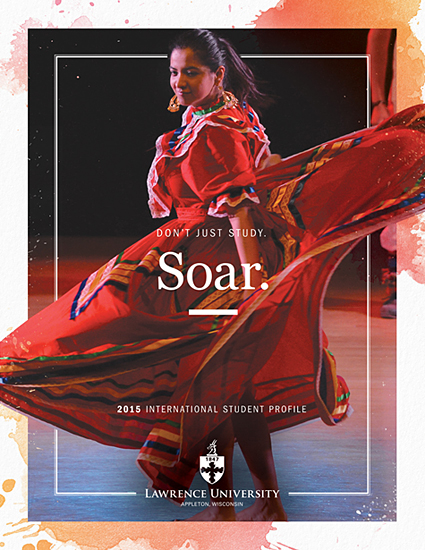
CASE judges noted that, “the brochures each promote a single strong message…headlines clearly differentiate between a passive education and the active, engaged learning experience provided at Lawrence.”
Judges also noted, “the package was also budget-friendly; with writing and design done in-house, costs were limited to printing and postage.”
The award-winning publications were the result of a collaborative effort between the communications and admissions offices. In addition to Gagnon, who conducted and analyzed the research that led to the campaign concept, art director Matt Schmeltzer designed the multi-piece program, Ken Anselment, dean of admissions and financial aid, wrote the majority of the body copy and Lawrence photographers Liz Boutelle and Rachel Crowl provided campus images.
The 2016 CASE competition attracted a record 3,350 entries from 713 higher education U.S. and international institutions. Winners are selected by peer professionals as well as professionals from outside of education.
Lawrence won a Grand Gold award, CASE’s highest honor, in 2015 in the general information video category for “The Rabbit’s Nose,” a spoken-word piece, written and performed by 2014 graduate Shea Love and produced by Crowl.
About Lawrence University
Founded in 1847, Lawrence University uniquely integrates a college of liberal arts and sciences with a nationally recognized conservatory of music, both devoted exclusively to undergraduate education. It was selected for inclusion in the book “Colleges That Change Lives: 40 Schools That Will Change the Way You Think About College” and Fiske’s Guide to Colleges 2016. Engaged learning, the development of multiple interests and community outreach are central to the Lawrence experience. Lawrence draws its 1,500 students from nearly every state and more than 50 countries.

